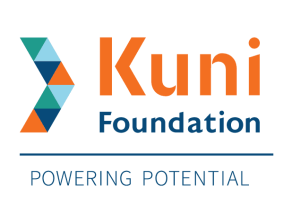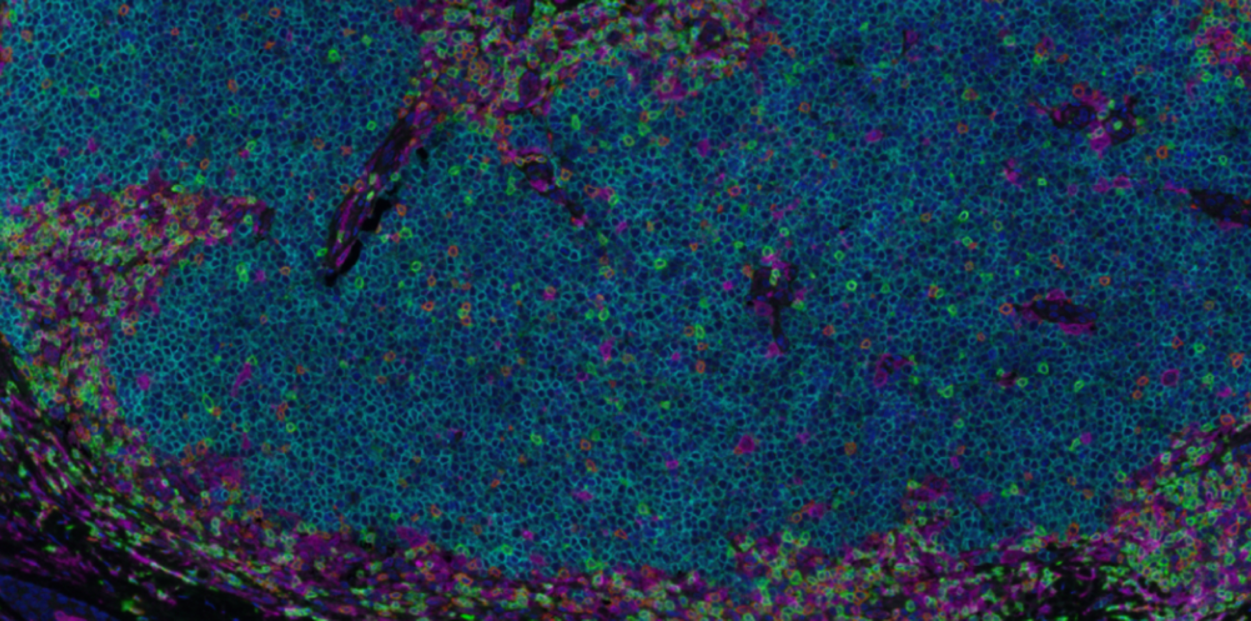Nghiem Lab & Research Partners Awarded $400K Grant for MCC Research


Congratulations to UW Dermatology’s Nghiem Lab Research Team, and collaborators from the Fred Hutchinson Cancer Center and Stanford Medicine, whose recent proposal was selected to receive a two-year $391,280 grant by the Kuni Foundation to support their innovative Merkel cell carcinoma (MCC) research project titled, “Circulating Tumor DNA as Crucial Biomarker for Merkel Cell Carcinoma.”

The study will be led by an inter-institutional team of researchers, including Paul Nghiem, MD, PhD, Head of the UW Division of Dermatology, Tomoko Akaike, MD, Acting Instructor in the UW Division of Dermatology, Lisa Zaba, MD, PhD, Associate Professor of Dermatology at the Stanford School of Medicine Department of Dermatology and Director of the Merkel cell carcinoma (MCC) Multi-Disciplinary Clinic, and Dan Hippe, MS, Statistician at the Fred Hutchinson Cancer Center.
“This prestigious award encourages me to pursue a career as a dermatologist/investigator and is extremely meaningful,” says Dr. Akaike. “Funding from the Kuni Foundation will keep us conducting this study, providing improved cancer care, especially to under-resourced and rural patients, since this blood test can be done at their homes or local clinics.”
 The study will focus on Circulating Tumor DNA (ctDNA) testing, which detects DNA released by MCC tumor cells into the blood. The tumor-specific DNA mutations are identified by comparing whole genome sequencing of the patient’s “normal” DNA to mutations found only in their tumor. The Nghiem Lab and collaborators plan to enroll 500 patients in a multicenter study which they hope will validate ctDNA for MCC surveillance.
The study will focus on Circulating Tumor DNA (ctDNA) testing, which detects DNA released by MCC tumor cells into the blood. The tumor-specific DNA mutations are identified by comparing whole genome sequencing of the patient’s “normal” DNA to mutations found only in their tumor. The Nghiem Lab and collaborators plan to enroll 500 patients in a multicenter study which they hope will validate ctDNA for MCC surveillance.
Earlier detection of MCC will have great potential to improve outcomes and change the management of the majority of MMC patients undergoing treatment.
“We believe that ctDNA testing in MCC is going to be a game changer for cancer surveillance,” says Dr. Zaba. “Also, a negative ctDNA test gives us a lot of confidence that patients do not have clinically detectable MCC and may not need imaging at that time.”
Based in Vancouver, Wash., the Kuni Foundation funds cancer research and supports programs and initiatives that enhance the lives of adults who experience intellectual and developmental disabilities. The Nghiem Lab will receive funding through the Discovery Grants Program, which funds early and late-stage cancer research in the quest for improved treatment and a cure.
“The Kuni Foundation wants to make a difference for patients sooner rather than later, and they want to get things going that will have a significant downstream impact. I think this study meets both of those criteria,” says Dr. Nghiem. “I believe it will change management as soon as we publish the results.”
We are grateful to the Kuni Foundation for their generous support of our pursuit to improve the lives of patients with MCC. Please join us in celebrating the Nghiem Lab on this tremendous achievement!
Learn more on Fred Hutch News: Six researchers receive $3.5 million in grants from Kuni Foundation
Learn more about the Nghiem Lab's research projects: pnlab.org








